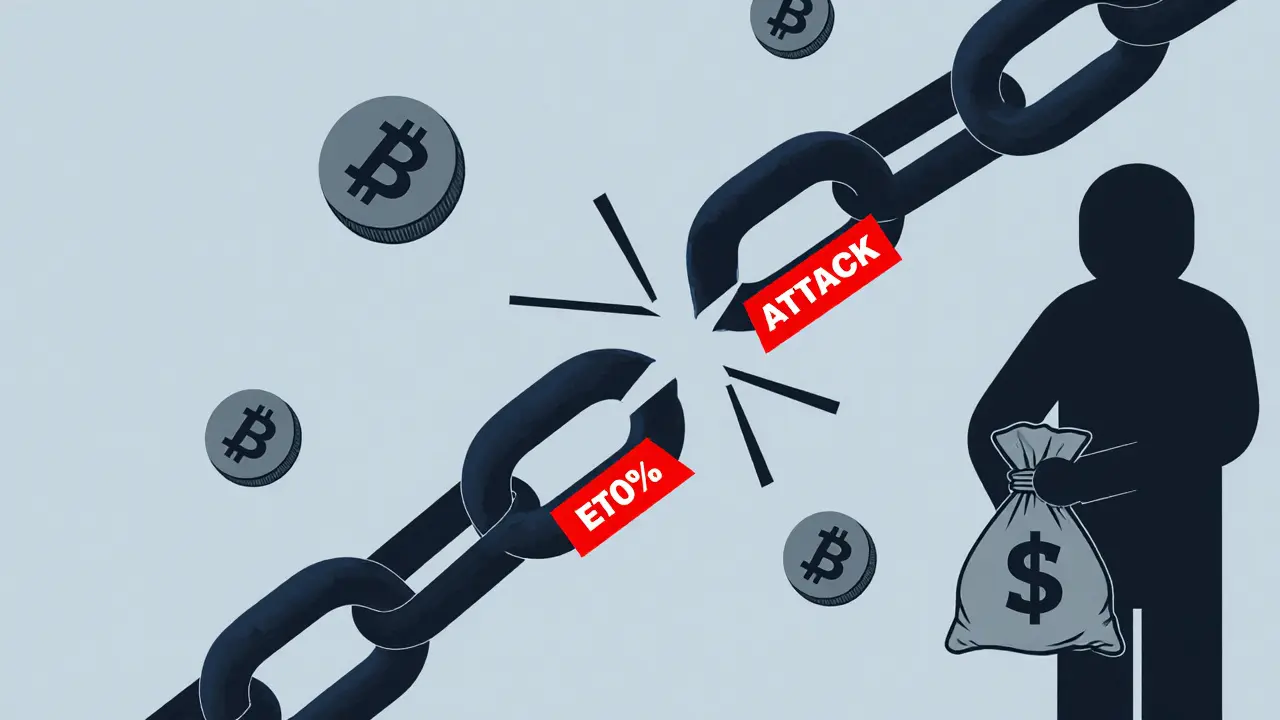GDPR and Blockchain: How Privacy Laws Shape Crypto Projects
When you think of GDPR, the European Union’s strict data protection law that gives people control over their personal information. Also known as General Data Protection Regulation, it’s not just about emails and websites—it’s now a make-or-break factor for blockchain projects that handle user data. Blockchain was built to be anonymous, immutable, and decentralized. But GDPR demands the right to be forgotten, the right to correct data, and clear consent. These two ideas don’t just disagree—they’re technically incompatible in places. How do crypto platforms survive when they can’t delete a transaction, even if a user asks? The answer isn’t theory. It’s real projects that changed their design, shut down, or found loopholes.
Many blockchain apps collect email addresses, wallet addresses linked to real identities, IP logs, and even KYC documents. That’s personal data under GDPR. If a user requests deletion, the platform can’t just wipe a blockchain record—it’s written in stone. So smart teams now store personal data off-chain, encrypt it, or use zero-knowledge proofs to prove compliance without revealing anything. Projects like Secret Network, a blockchain that encrypts smart contract data by default and Monsoon Finance, a privacy bridge that rewards anonymity mining were built with these tensions in mind. They don’t just comply—they turn privacy into a feature. Meanwhile, exchanges that ignored GDPR got fined, blocked in Europe, or lost users. It’s not about being perfect—it’s about being intentional.
And it’s not just European companies that feel this pressure. If your crypto app has even one EU user, GDPR applies. That means a DEX in the Philippines, a wallet in Canada, or a token launch in the U.S. must still ask: Do we store personal data? Can we delete it? Do we have proof of consent? The answer changes how you build your product. Some projects now offer EU-only versions with limited features. Others use legal wrappers or third-party processors to stay out of direct violation. The ones that succeed don’t fight GDPR—they bake it in from day one.
Below, you’ll find real-world examples of how crypto platforms are handling this clash—some brilliantly, some dangerously. From failed airdrops that collected too much data to privacy-focused networks that turned compliance into an advantage, these stories show what works and what gets you sued. No fluff. Just what you need to know before you build, invest, or use a blockchain service today.
Challenges of Immutability in Blockchain Systems
Immutability in blockchain isn't absolute-it's a trade-off. This article explores how GDPR, smart contract errors, network attacks, and storage limits make permanent data a liability, not a feature, and what real-world solutions are emerging.
Details +